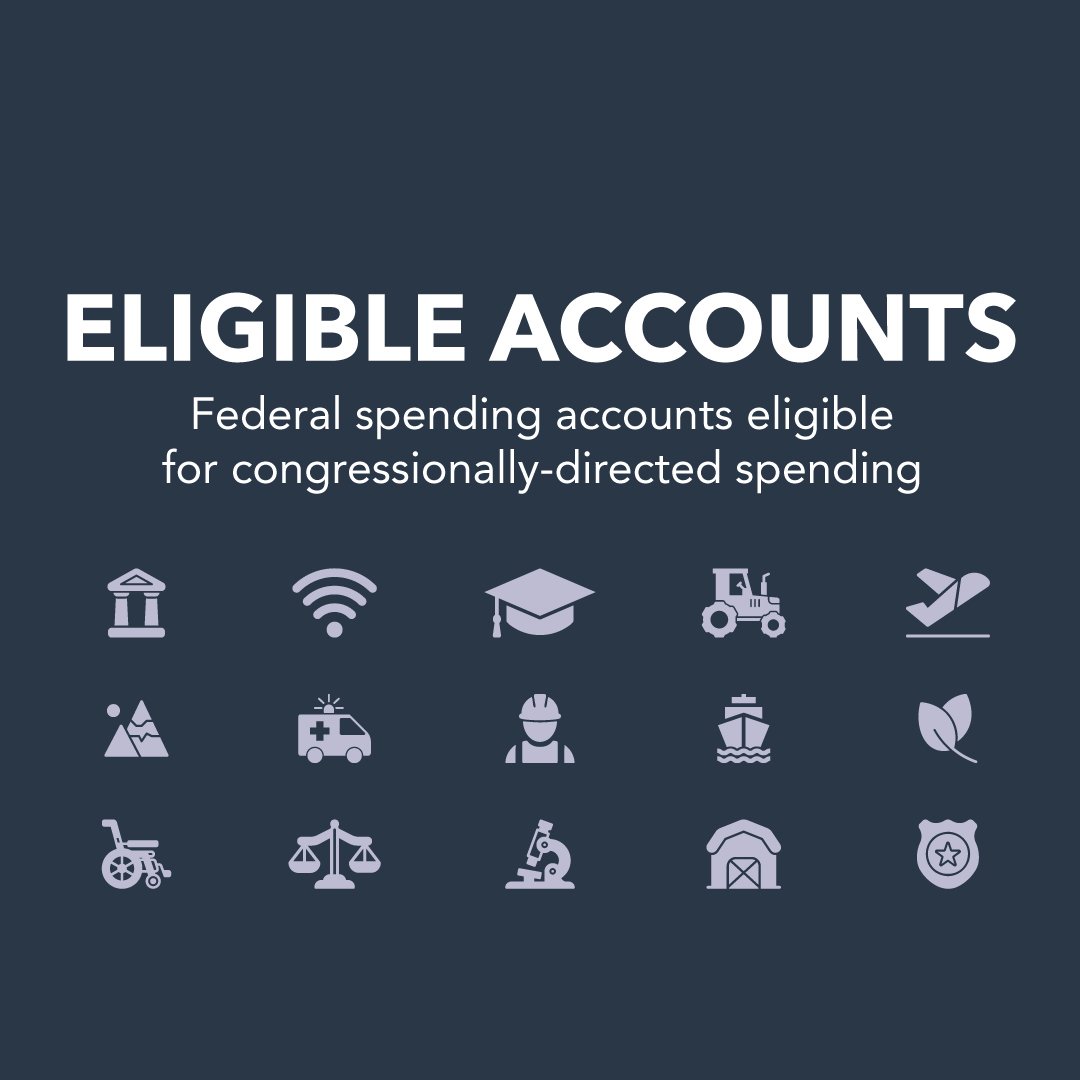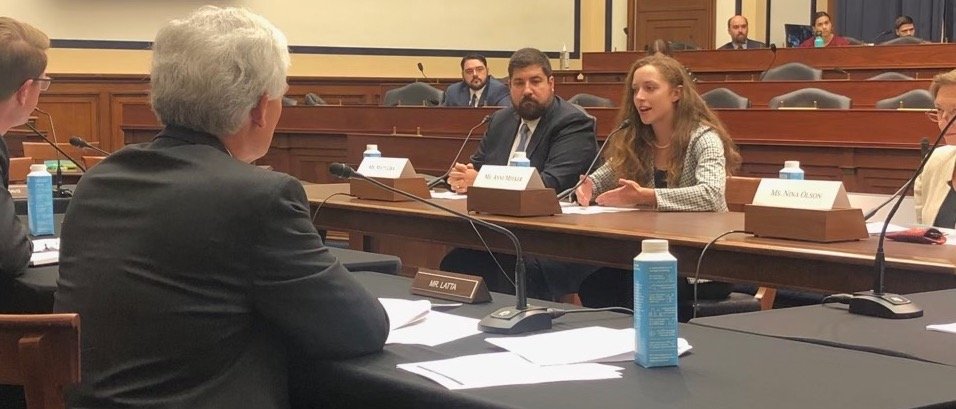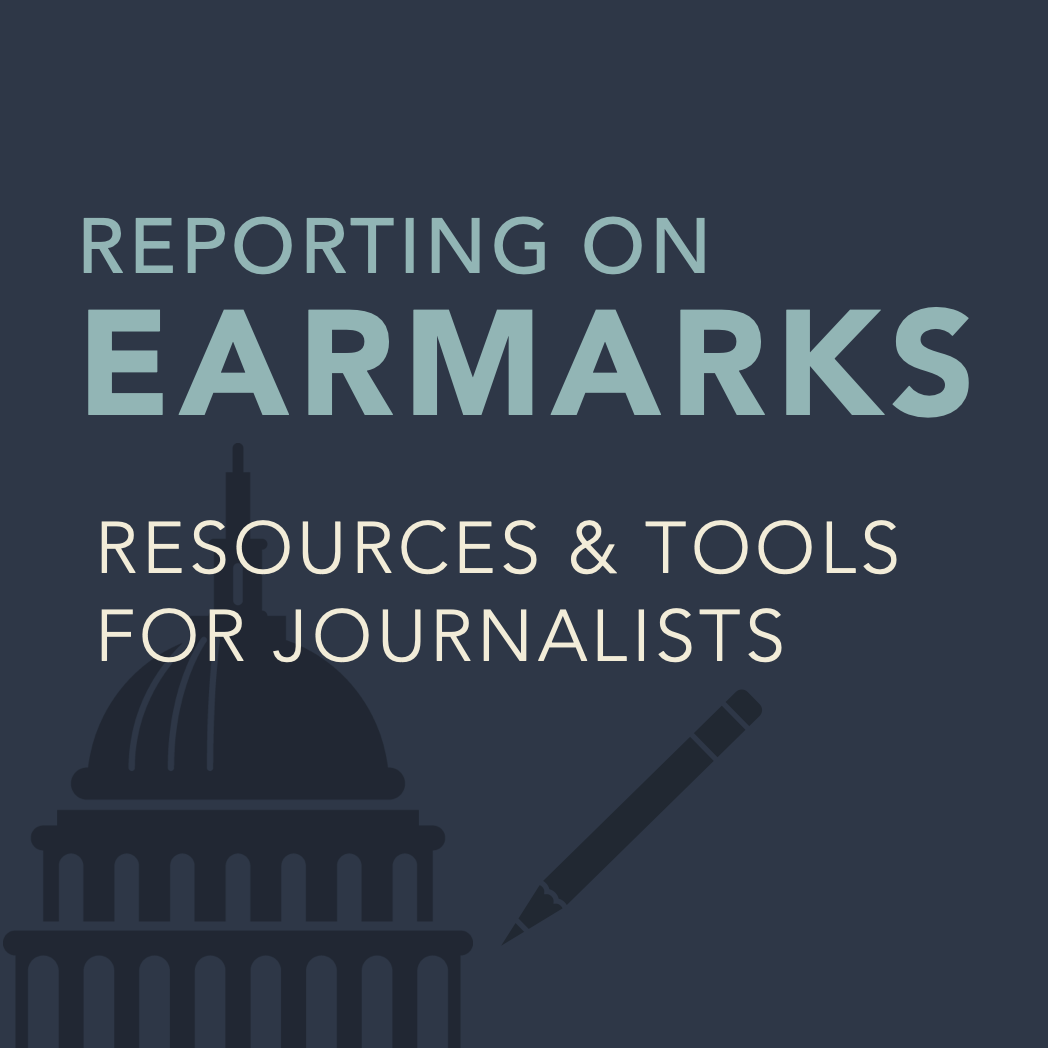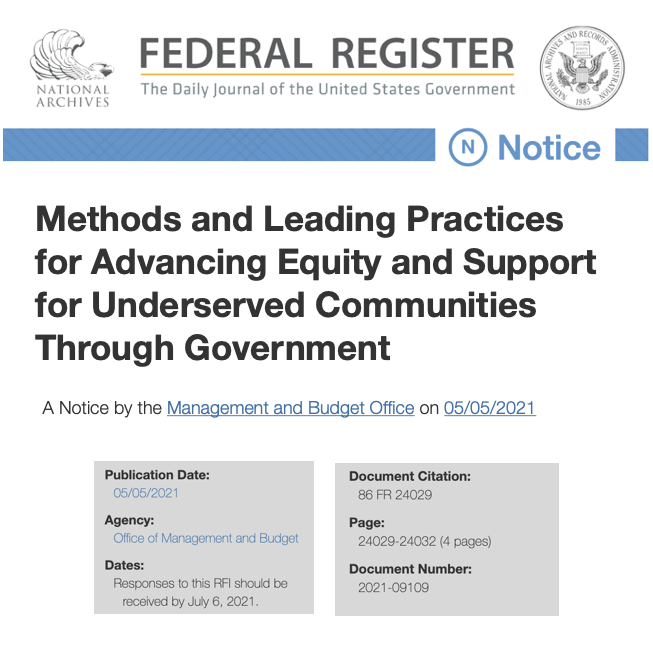
Committee on House Administration Member Day
Ahead of the Committee on House Administration's upcoming Member Day, POPVOX Foundation offers the following recommendations encouraging Member engagement with CHA to build on previous successes in creating a strong, responsive Legislative branch.

Voice/Mail: A New Substack on the Future of Constituent Engagement
Voice/Mail, a new Substack from Deputy Director Anne Meeker explores the intersection of civic engagement and technology and how government can keep pace to solicit and act on public opinion.

What’s happening with AI in constituent engagement?
Outdated communication systems and limited office adoption have minimized GenAI's impact on constituent engagement, but there remains a need to rethink and modernize how constituents and lawmakers interact.

POPVOX Foundation's Response to OMB's RFI on Public Participation
In response to OMB’s RFI titled "Methods and Leading Practices for Advancing Public Participation and Community Engagement with the Federal Government,” POPVOX Foundation submitted a comment emphasizing experience and challenges in participation, recommendations for improvement, and successful models.

Announcing the Future of Constituent Engagement Project from POPVOX Foundation
The Future of Constituent Engagement project from POPVOX Foundation intends to provide constituents, elected legislators, and innovators with key questions and inputs to consider in navigating the post-mail future.

FY24 Eligible Accounts for Earmark Funding
Eligible account descriptions and sample projects for FY24 Member Directed Spending (“earmarks”).

Recommendations for a more constituent-friendly Congress
Earlier this month, I had the top-of-the-bucket-list chance to testify at a House Select Committee on the Modernization of Congress on constituent services, and building a more customer-friendly Congress (video and transcript available here). As a former caseworker, it meant so much to be asked to come to DC to talk about casework, and share a starting-point vision for how Congress can capture the potential inherent in casework, and the expertise and talents of caseworkers across the country. The hearing covered so much ground, and it still only managed to scratch the surface of what’s possible and needed to push casework into the 21st century.

Reporting on Earmarks: Resources for Journalists
The return of “earmarks” or Member-Directed Spending requests in 2021 was a significant change for the annual appropriations cycle. In this guide, we cover the basics of the reformed ‘earmark’ programs, including some common misconceptions, and examples of earmarks coverage from around the country.

House vs. Senate Earmark Accounts FY23
Last year, the House and Senate Committees on Appropriations announced the return of Member-Directed Spending, also known as “earmarks.” In the FY22 appropriations cycle, differences between the House and Senate processes, including mismatched eligible spending accounts, were some of the biggest unanswered questions of the reinstated process. This year, while there are still some discrepancies, the lists of eligible accounts in the House and Senate are very similar. We have provided a list below.

Earmarks word for FY23: “executability”
On March 31, POPVOX Foundation joined Bipartisan Policy Center and the Black Women’s Congressional Alliance to host a staff information-sharing session in collaboration with the House Select Committee on the Modernization of Congress.

Eligible Accounts for Earmark Funding
Eligible account descriptions and sample projects for FY22 Member Directed Spending (“earmarks”).

Three recommendations for modernizing district office operations
District office modernization presents an opportunity to improve the accuracy and speed of information provided to constituents about their rights and responsibilities with the Federal government. When problems do arise, a House-wide casework analytics and tagging system can provide the basis for active oversight or legislative action to improve the civic experience. Furthermore, the insights and perspectives of district staff are a largely untapped resource for institutional improvements and providing greater opportunities for connection, collaboration, and information-sharing could bring significant benefit for each of the 441 offices in the House.

What OMB can learn from Congressional caseworkers on advancing equity and support for underserved communities through government
Congressional offices — especially district offices and the insight of those staffers with casework responsibilities — are an underutilized source of insight for the improvement of federal processes. In this response to OMB’s Equity RFI, we discuss with several caseworkers what OMB can learn from their work, and provide recommendations.

Expand existing “customer experience” (CX) efforts to include “civic experience” (CivX) principles
In recent years, the Federal Government has prioritized customer experience (“CX”) metrics for public-facing services. The narrow construct of “citizen as customer,” however, can have detrimental effects on the advancement of equity in governing processes. This submission describes the growth of CX practices within the Federal Government and how a narrow CX focus can negatively impact equity. We then offer recommendations to help OMB guide agencies toward more inclusive engagement metrics like civic knowledge, public trust, and political efficacy in addition to conventional “customer experience” measures.

The OMB Equity RFI: YES, you should submit comments!
The Office of Management and Budget, the main administrative agency for the federal government, issued a “Request for Information” — an (RFI), asking the public to provide input on “Methods and Leading Practices for Advancing Equity and Support for Underserved Communities Through Government.”
This is an unprecedented opportunity for researchers, advocates, public servants, community leaders, citizens, and more to raise their ideas and work to the highest levels of government, and set the agenda for reshaping the federal government for equity for all.
